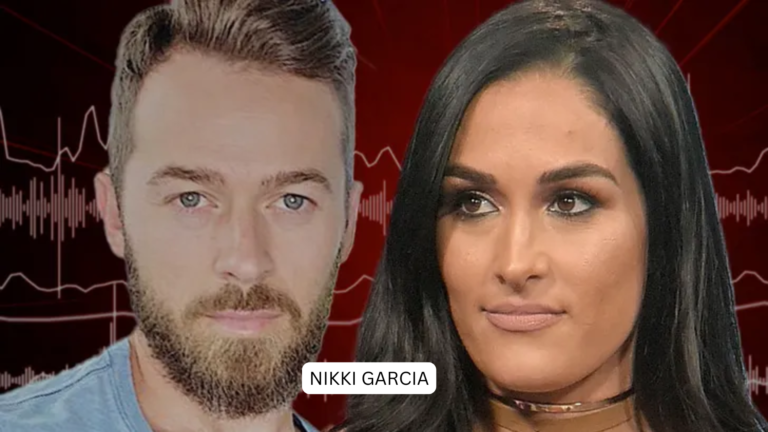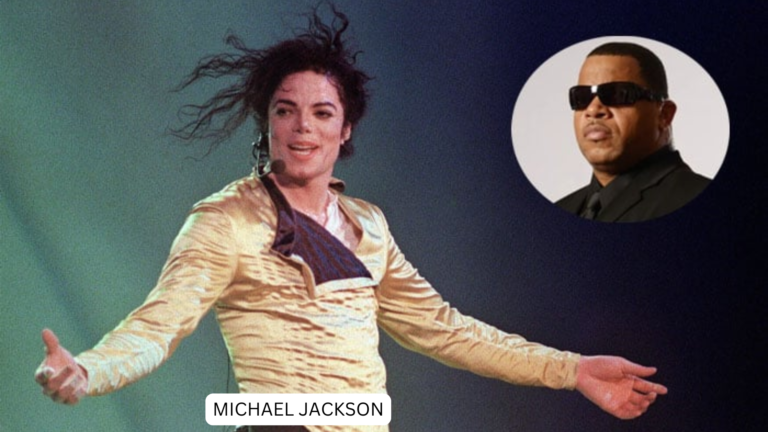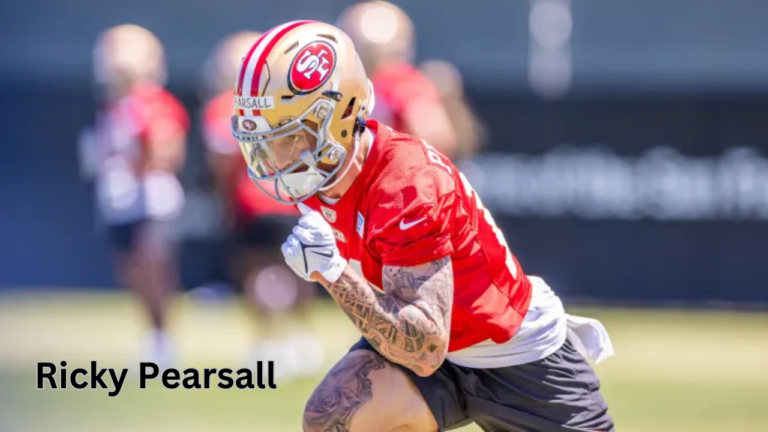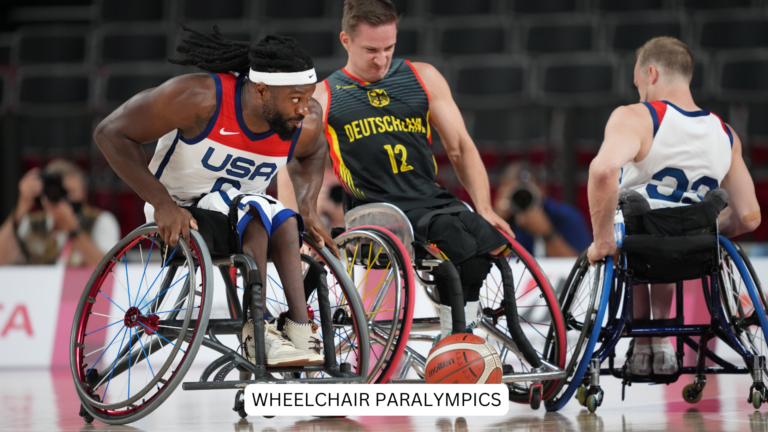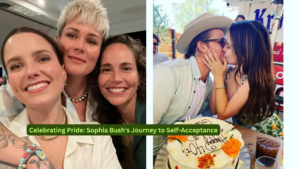In recent news, Aubrey O’Day, a prominent figure in the entertainment industry, has spoken out regarding her feelings following the release of a video allegedly showing abuse by Sean ‘Diddy’ Combs. As the story unfolds, it’s essential to delve deeper into O’Day’s perspective and understand the complexities of her emotions.
Table of Contents
- 1 Aubrey O’Day’s Statement: ‘No Vindication’ Amidst Pain
- 2 Complexities of Abuse Allegations: Navigating Trauma and Public Scrutiny
- 3 The Importance of Supporting Survivors: Empathy and Understanding
- 4 Acknowledging O’Day’s Courage: A Call to Action
- 5 Education and Awareness: Empowering Communities
- 6 Holding Perpetrators Accountable: Justice for Survivors
- 7 Creating Safe Spaces: Support and Healing
- 8 Amplifying Voices: Advocacy and Allyship
- 9 Conclusion: Continuing the Conversation
Aubrey O’Day’s Statement: ‘No Vindication’ Amidst Pain
In her recent statement, Aubrey O’Day expressed that she feels no vindication despite the release of the abuse video involving Sean ‘Diddy’ Combs. This sentiment sheds light on the profound impact of the situation on O’Day’s emotional well-being. Despite the potential validation that could come from the video’s release, O’Day’s response underscores the ongoing pain and struggle she continues to endure.
The case involving Aubrey O’Day and Sean ‘Diddy’ Combs brings to the forefront the complexities surrounding abuse allegations in the public eye. O’Day’s reluctance to feel vindicated highlights the multifaceted nature of trauma and the challenges individuals face when their personal struggles become public spectacle. It serves as a poignant reminder of the intricacies involved in navigating trauma amidst intense public scrutiny.
The Importance of Supporting Survivors: Empathy and Understanding
In light of Aubrey O’Day’s statement, it is crucial to underscore the significance of supporting survivors of abuse with empathy and understanding. O’Day’s journey serves as a stark reminder of the importance of creating a safe space for survivors to share their experiences without judgment or expectation. By fostering an environment of compassion and support, we can work towards dismantling the barriers that prevent survivors from seeking the help and healing they deserve.
Acknowledging O’Day’s Courage: A Call to Action
Aubrey O’Day’s decision to speak out about her feelings amidst the release of Sean ‘Diddy’ Combs’ abuse video demonstrates immense courage and resilience. Her willingness to share her truth in the face of adversity serves as a beacon of hope for survivors everywhere. As a society, it is our responsibility to honor O’Day’s bravery by taking meaningful action to address the pervasive issue of abuse and support those who have been affected.
Education and Awareness: Empowering Communities
One of the most effective ways to combat abuse is through education and awareness. By equipping individuals with the knowledge and resources to recognize and respond to signs of abuse, we can empower communities to intervene and provide support to those in need. Education serves as a powerful tool in breaking the cycle of abuse and fostering a culture of safety and respect.
Holding Perpetrators Accountable: Justice for Survivors
In addition to raising awareness, it is essential to hold perpetrators of abuse accountable for their actions. This includes advocating for thorough investigations, legal proceedings, and appropriate consequences for those who commit acts of violence. By prioritizing justice for survivors and holding perpetrators accountable, we send a clear message that abuse will not be tolerated in any form.
Creating Safe Spaces: Support and Healing
Furthermore, creating safe spaces for survivors to seek support and healing is paramount. This includes providing access to counseling services, support groups, and resources tailored to the unique needs of survivors. By fostering environments of safety and validation, we can empower survivors to embark on their journey towards healing and reclaiming their sense of agency.
Amplifying Voices: Advocacy and Allyship
Lastly, it is crucial to amplify the voices of survivors and advocate for systemic change. This involves challenging societal norms that perpetuate abuse, advocating for policy reforms, and promoting a culture of accountability and respect. By standing in solidarity with survivors and being vocal advocates for change, we can create a world where abuse is not tolerated, and all individuals are treated with dignity and respect.
Conclusion: Continuing the Conversation
The conversation surrounding Aubrey O’Day’s feelings following the release of Sean ‘Diddy’ Combs’ abuse video is a reminder of the complexities inherent in trauma and public scrutiny. As we navigate this discussion, it is imperative to approach it with empathy, understanding, and a commitment to supporting survivors. By amplifying their voices and advocating for their well-being, we can foster a culture of healing and empowerment.


